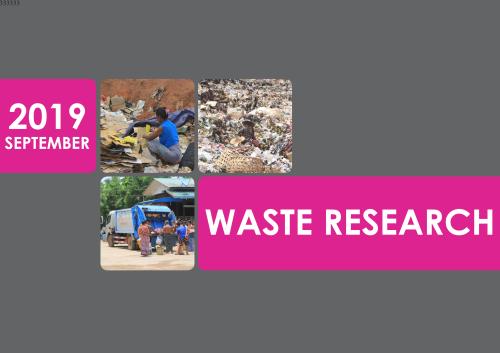The research project was supported by Gulf of Mottama Project (GoMP). The goal of the research project was collect information about patterns of behaviors, perceptions, knowledge, experiences and systems of both urban and rural communities related to waste management in Gulf of Mottama region for GoMP so that the project can design inclusive community campaigns which provide awareness to the communities and advocate the government for policy development.
This research used qualitative research including personal stories, humancentered research methodologies and visual tools to understand human behaviors, practices, mindsets, values, collaborations and contradictions in the waste management system. This research also focused on the usage, repurposing and disposal of plastic in the communities. The research area covered six targeted locations in six townships of the Gulf of Mottama combining rural and urban communities. We interviewed 127 individuals, 15 shops, 10 waste gleaners and 2 experts during the research period.
30% of the respondents were satisfied with the current waste management system whereas 31% were unsatisfied. However, almost half of the respondents regarded the waste problem as an important issue to tackle. Among the different types of waste, the majority of interviewees responded that plastic has the most negative impacts to both social and natural environments.
In terms of access to knowledge and awareness about plastic and general waste management, a higher proportion of urban communities responded that they have knowledge on plastic and waste management compared to rural communities. Both the urban and rural areas replied that TV and personal experience were major sources of knowledge.
Published By:
Published Date:
